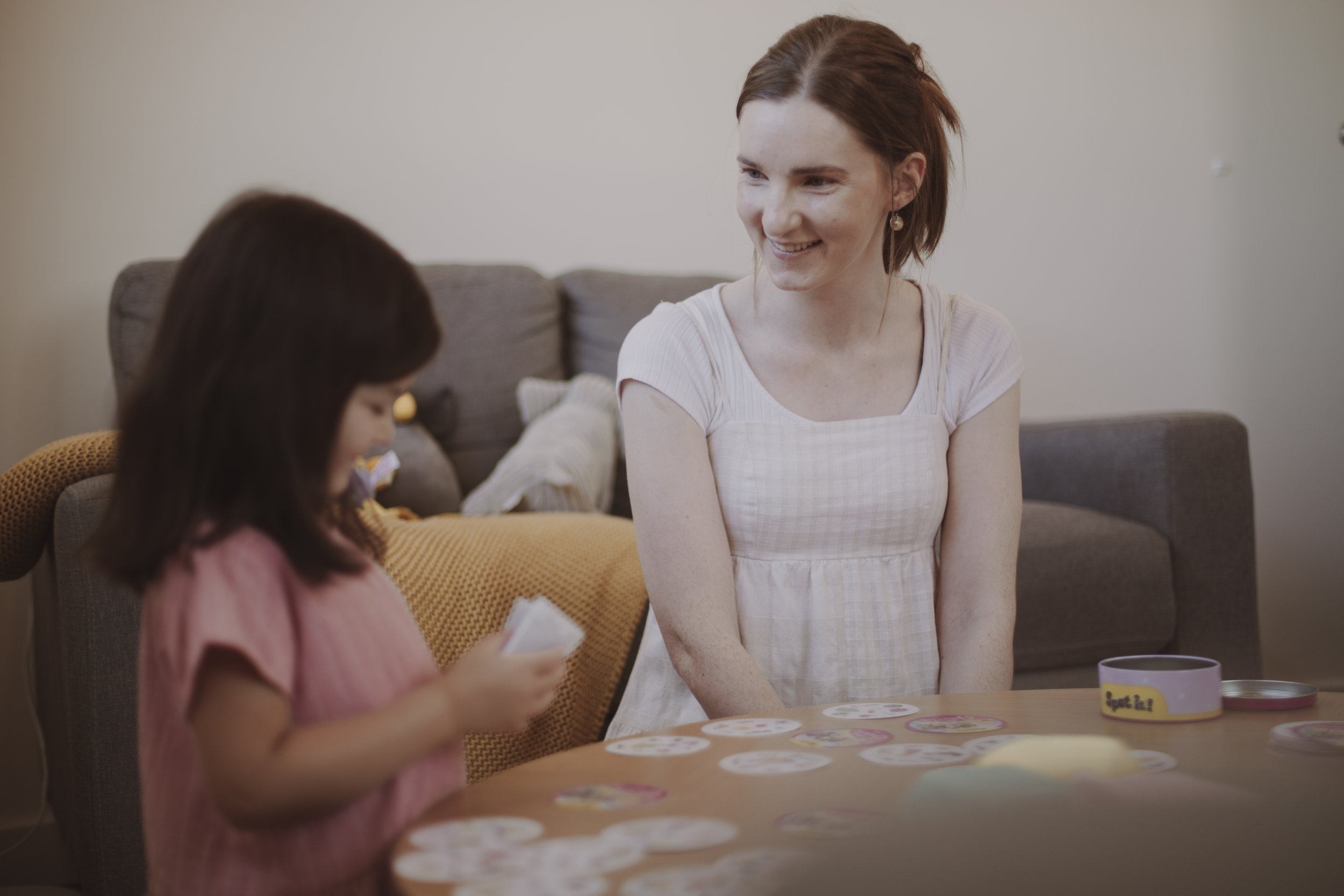Meet our Occupational Therapists,
Emma & Hannah!




Occupational Therapy
An occupational therapist can provide support with a variety of daily life activities.
OT's know through their work and research, that all people, do better and have improved quality of life when they are able to engage in daily living activities, ones that they 'need' to do and 'want' to do.
Due to disability, some neurodivergent people may need additional support from an occupational therapist to assist in adapting, modifying the task or up-skilling, coaching or educating a person on various approaches that may work best for them and their unique brain.
I work in a way that acknowleges that Autistic and other neurodivergent people may have different and unexpected ways of completing or managing daily tasks, I value this in my approach to supporting clients with their goals.
Some common times or tasks that you can seek support from OT services are:
Participating in self-care tasks
Managing household tasks such as meal preparation, grocery shopping, cleaning or organising your home environment
Being successful at school with coursework and extracurricular activities (this may include strategies for planning your schedule, study skills, time management skills or any other needs you may have)
Participating in your hobbies and interests at home or in the community
Transition from high school to employment or tertiary studies
Exploring career changes and pathways
Sensory processing differences that impact your ability to function on a day-to-day basis
Difficulties with interoception (being able to perceive, be aware of and interpret internal body signals) which make it challenging to develop and use coping strategies
Balancing roles and responsibilities in work, life and leisure occupations
Struggling with planning or organising daily schedules
Parenting a neurodivergent child or parenting as a neurodivergent parent


